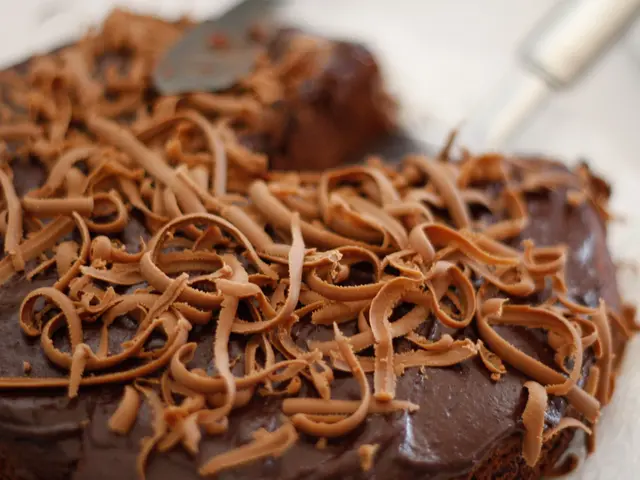Unmasking the Sweet Deception: The Dark Side of Caramelized Cheesecakes
The Secret Ingredients of a Well-Loved Snack
For years, marketers have peddled caramelized cheesecakes as a wholesome, delicious treat that marries the "benefits" of cottage cheese with the "pleasures" of sweets. But, brace yourself,because the truth is far from sweet. Here's a breakdown of what these desserts hide:
- Sugar Overload: Shockingly high sugar contents are bubbling under the surface. Some brands pack a whopping 40g of sugar per 100g of product, which is nearly double the daily sugar intake for kids!
- Low-Quality Fats: Palm oil or hydrogenated fats are often the key ingredients in the caramel layer, which can wreak havoc on your heart health.
- Fake Cottage Cheese: Many so-called cheesecakes are actually composed of a mix of plant fats and artificial flavors, which is a far cry from a dairy delight.
- Synthetic Additives: Fly under the radar, and also on the ingredient list, are stabilizers, colors (such as E102 and E124), and preservatives. These unhealthy additions make this "treat" anything but health-friendly.
Separating the Sheep from the Flock: Picking a Quality Cheesecake
If you don't want to end up with a sugary, fatty, and artificial imposter, take a close look at the label. Here are some red flags to watch out for:
- If sugar is listed as the first ingredient, it's time to move on—you're looking at candy, not a healthy snack.
- Steer clear of products that contain plant fats instead of real cottage cheese or whey.
- If the glaze contains cocoa butter substitutes, that's a solid reason to skip that cheesecake.
- Synthetic additives with "E" indices are a dead giveaway of low product quality.
Better Alternatives for Your Sweet Tooth
If you're craving something tasty and nutritious, grab a spoon and whip up some homemade cottage cheese with natural toppings, like fruits or berries, or a drizzle of honey. Opt for natural yogurt without artificial additives and mix it with seasonal fruits. Or, satiate your sweet tooth with nuts, dried fruits, or cereal bars that don't contain artificial sweeteners.
Caramelized cheesecakes are a candy's disguise, masquerading as a healthy snack. Instead, give your body—especially your kids—the wholesome goodness it deserves! Nutritionists warn that these deceptive desserts should be replaced with more nutritious alternatives whenever possible.
- Despite the marketing, caramelized cheesecakes often contain high amounts of sugar, hidden in their sweet layers, which can exceed the daily sugar intake for children.
- In the pursuit of health-and-wellness, opt for homemade cottage cheese with natural toppings like fruits or honey, rather than being deceived by the sweet allure of caramelized cheesecakes.
- When choosing a cheesecake, be vigilant and avoid products with synthetic additives, such as stabilizers, colors, and preservatives, found within the "E" indices, which are often used to disguise low-quality ingredients in caramelized cheesecakes.








